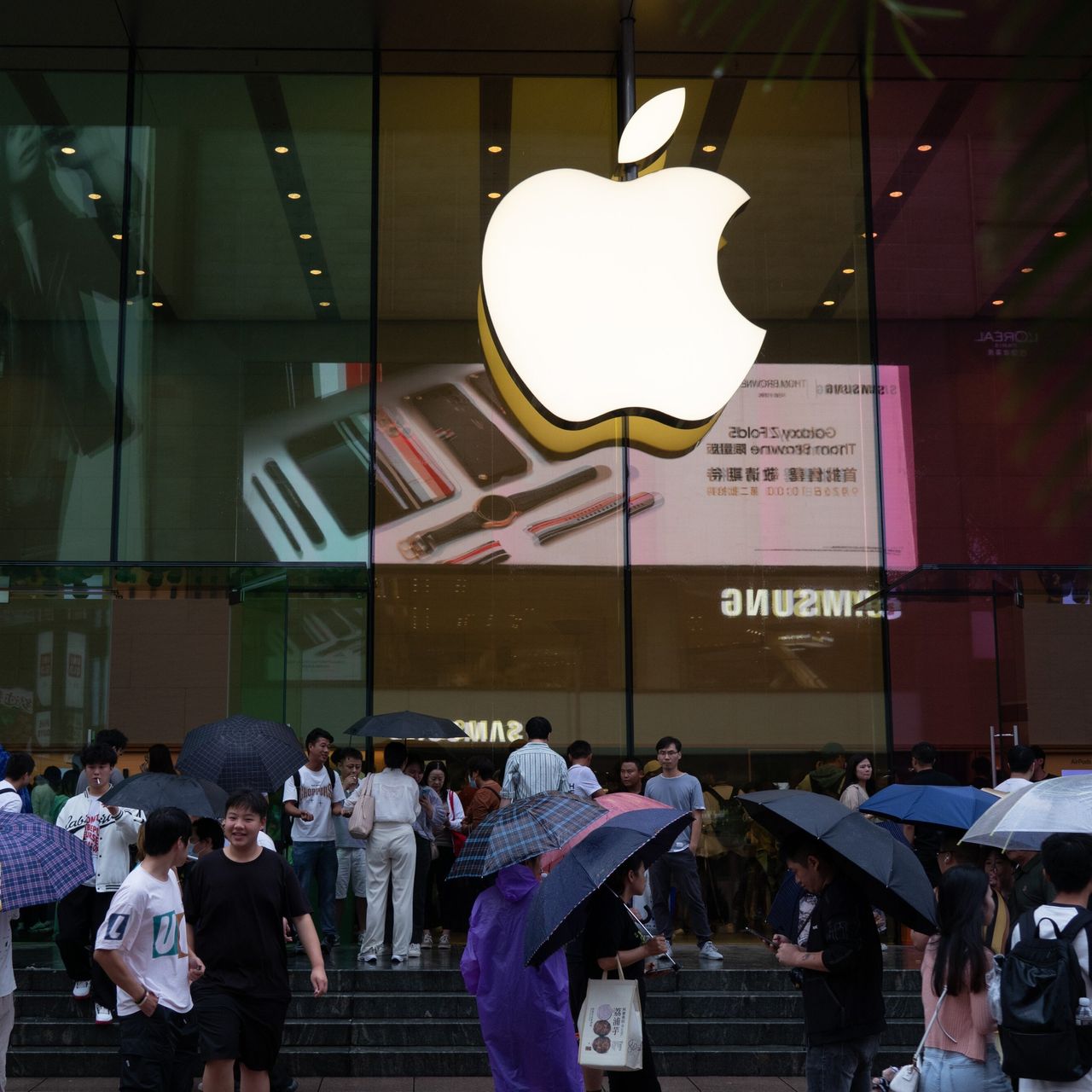The AI Revolution: Unveiling the Mind-Blowing Possibilities of Generative AI in 2024
The world of artificial intelligence (AI) has been buzzing with excitement and anticipation, especially after the release of ChatGPT in November 2022. This generative AI model, developed by OpenAI, showcased its impressive ability to generate realistic and engaging content. However, as we enter 2024, a new report by CCS Insight, a global technology research firm, suggests that the hype surrounding generative AI will face a reality check. Let’s explore the top predictions for the future of generative AI and its impact on various aspects of our lives.
Generative AI: A Reality Check in 2024
Generative AI models like ChatGPT, Google Bard, and Anthropic’s Claude have captivated our imagination with their ability to generate content that is almost indistinguishable from human-created content. However, these models come with significant requirements in terms of computing power and data. According to CCS Insight, the year 2024 will mark a turning point for generative AI. The hype surrounding this technology will be replaced by a growing awareness of the cost, risk, and complexity associated with deploying and sustaining it.
Ben Wood, chief analyst at CCS Insight, believes that generative AI is overhyped and that there are numerous challenges that need to be overcome before it can be effectively brought to market. One of the major obstacles is the high cost involved in designing and using specialized AI chips to run generative AI models. While large companies may have the resources to invest in such infrastructure, many other organizations and developers might find it too expensive to adopt generative AI technology.
Turbulence Ahead for EU’s AI Regulation Plans
The European Union has been at the forefront of regulating AI and setting the benchmark for regulatory bodies worldwide. However, as the field of AI continues to rapidly develop, CCS Insight predicts that the EU’s AI regulation plans will face turbulence. The fast pace of AI advancements will require the regulation to be revised and redrawn multiple times. Currently, the EU is working on passing the AI Act, which aims to regulate the unfettered growth of AI and even ban certain technologies like live facial recognition.
While the EU’s efforts to regulate AI are commendable, keeping up with the technicalities and advancements in the AI industry poses a significant challenge. As AI continues to evolve, striking a balance between innovation and regulation will be crucial for the EU and other regulatory bodies.
AI Content Warnings: Ensuring Trust and Transparency
As AI-generated content becomes more prevalent on the internet, there is a growing need to verify the authenticity and quality of such content. AI-generated content can serve various purposes, including entertainment, education, marketing, and even misinformation. However, there is a risk of factual errors and biases in AI-generated content, which can mislead or harm users.
CCS Insight predicts that search engines will soon implement content warnings to alert users when they are viewing AI-generated content from a particular web publisher. This approach is similar to how social media platforms added information labels to posts related to Covid-19 to combat misinformation. By informing users that they are viewing AI-generated content, trust and transparency can be maintained in the online information landscape.
Combating AI-Based Identity Fraud
AI technology can also be exploited for malicious purposes, such as impersonating someone’s identity. Voice synthesis and deepfake technologies, both forms of generative AI, can create realistic audio and video clips of someone’s voice or appearance based on limited samples. These technologies have various legitimate applications but can also be misused for fraud, blackmail, or harassment.
CCS Insight predicts that in 2024, the first arrest will be made of an individual who uses AI to impersonate someone else. This form of identity fraud exploits the vulnerability of people’s online identities. Detecting and preventing AI-based identity fraud will require new methods and technologies to safeguard individuals from becoming victims.
The Road Ahead: Debates and Developments in AI
As we enter 2024, it is clear that the future of generative AI holds both challenges and opportunities. CCS Insight’s predictions provide valuable insights into what we can expect in the coming year. However, it is essential to approach these predictions with caution, considering the rapidly evolving nature of the AI landscape.
The field of AI will continue to be a subject of extensive debate and research, as its impact on various domains becomes more pronounced. It is crucial for policymakers, researchers, and industry professionals to work together to address the challenges and harness the potential of AI responsibly.
Conclusion
The hype surrounding generative AI will face a reality check in 2024, as the cost, risk, and complexity of deploying and sustaining such models become more apparent. The EU’s AI regulation plans may encounter turbulence as the fast pace of AI development requires constant revision and adaptation. AI content warnings will become more common to ensure transparency and trust in online information. Additionally, new methods and technologies will be needed to combat AI-based identity fraud. As we move forward, the future of AI will continue to be shaped by debates and developments that will shape its impact on society.




